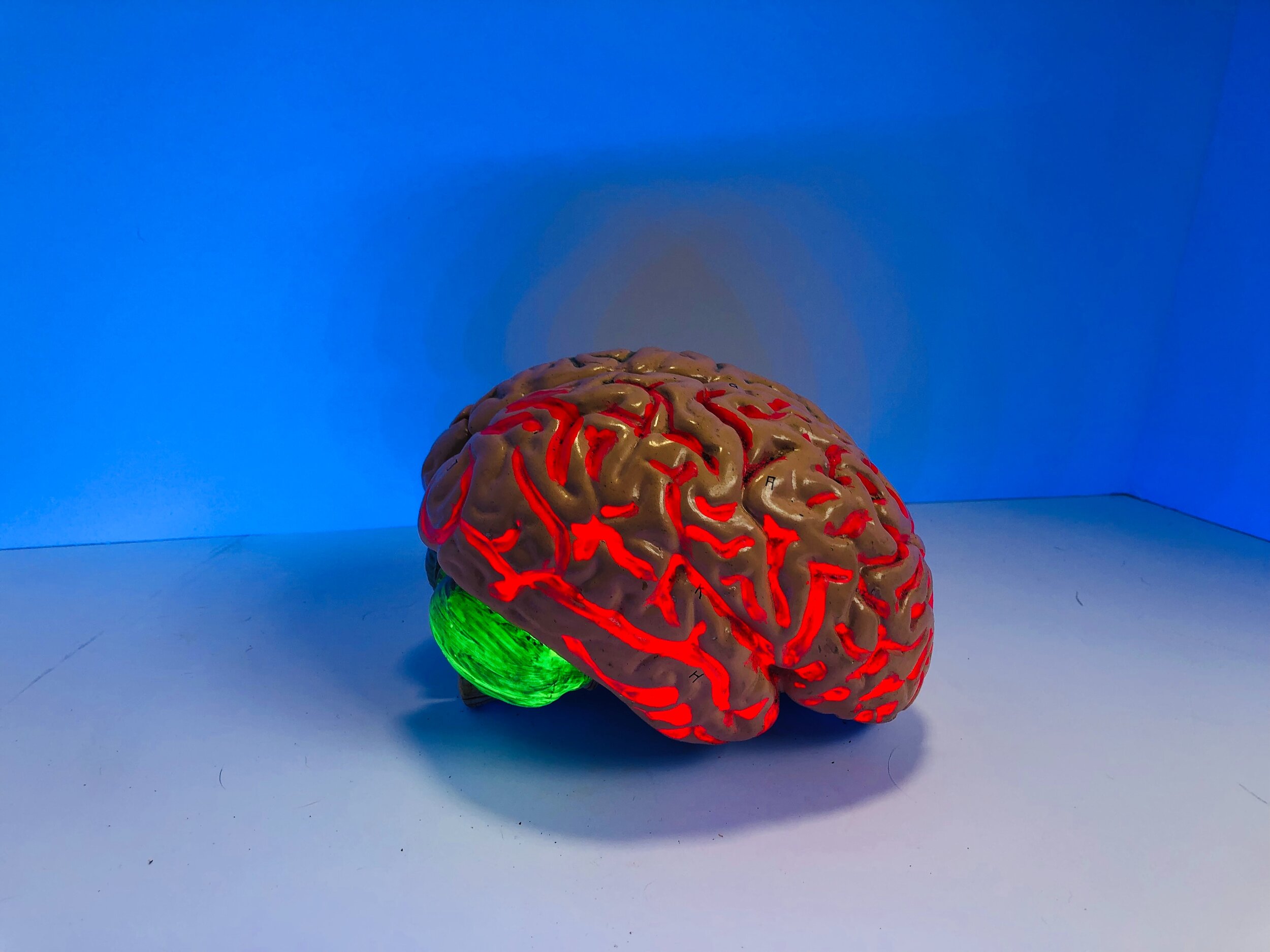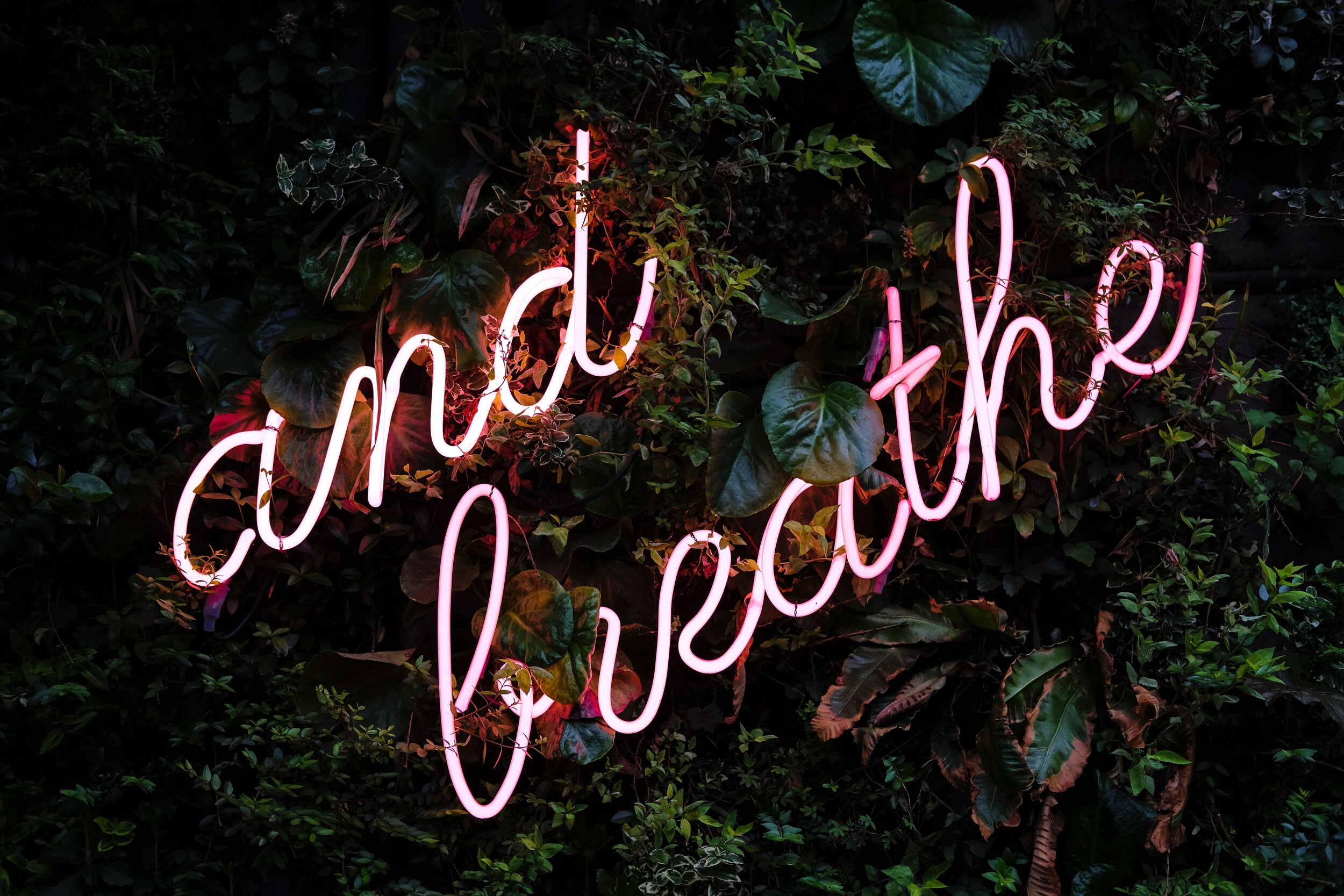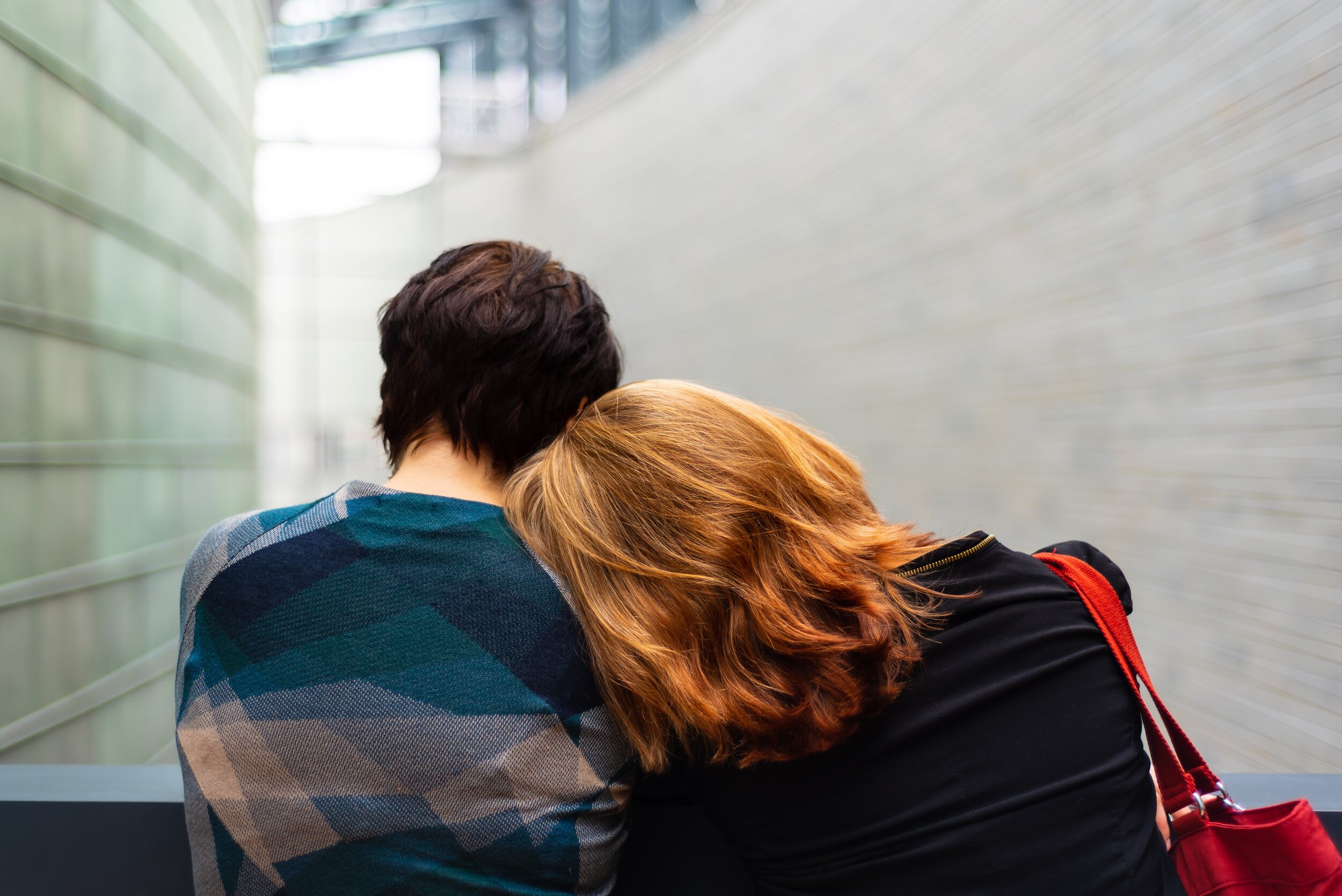Trauma

Ongoing media coverage and public outcry among many upsetting incidents across our country have sparked rage, anger, sadness, and action across not only our country, but the world. Conversations around race relations and biases within ourselves and the justice system, against individuals of color have been building and growing. From George Floyd to Breonna Taylor, Michael Brown and other lesser known cases such as the beating of homeless grandmother Marlene Pinnock, psychology is an important topic within the discussion on racial inequality and racial biases in America.

One of the best ways to reduce anxiety is using a tool all of us have in our tool belts of skills all of the time: breathing. However, while breathing is something we all do, every day, there are certain types of breathing that help reduce anxiety and the more you practice them, the easier it is to use in difficult moments. Diaphragmatic breathing is one technique that can be beneficial for reducing anxiety.

Everyone has heard of the concept of “fight or flight” before. We know that when we perceive a threat exists (whether real or imagined) our sympathetic nervous system awakens. We’ve all had those moments where we experience a surge of adrenaline and our heart beats fast, our breathing quickens, muscles tense, etc. In this moment, our brains are evaluating whether the danger is real or not and whether you will stand up to it (fight) or run away (flight). However, there is a third option to the fight or flight response that we don’t talk about as often and this is “freeze”. We will explore this response, the benefits of this, as well as ways to reduce the impact this has on our bodies and minds.

As the pandemic continues and the way we typically work and play has changed drastically, we are spending more time at home, away from our friends and family. With limited social connection and disruption of routines, there will be an adjustment period for all. Prioritizing your self care during this time is crucial for your mental health and will help reduce stress and anxiety, boost your mood, and support your overall health and wellness.

Studies report that healthcare workers are and will continue to experience psychological distress along with symptoms of anxiety and depression, managing the many stressors they face on the frontlines and how this impacts their daily lives. How can we support healthcare workers? Here are a few strategies to care for you or a loved one’s mental health at this time, especially if you are working on the frontlines.

It’s easy to get sucked into a Netflix marathon or an eight-hour video game run. However, we know that sometimes too much screen time can have a negative impact on mental health so we are constantly told to to watch our screen usage. The problem is that during the COVID-19 pandemic, when we are told to remain socially distant from others, we are often using technology and having more screen time than is typical, in order to remain connected with others, which is positive. So how can we utilize technology in positive and healthy ways as we remain socially distant?

Trauma-triggers often come up in both research and the popular media. The phrase “triggered” can often make others uncomfortable or dredge up negative emotions as it may make others feel they are seen as weak or too sensitive. The common misconception of the use of this phrase negatively impacts those who suffer from Post-traumatic stress and other trauma-related disorders. It’s important to understand the term and the implications this has for those recovering from traumatic events in order to support and validate their experiences.